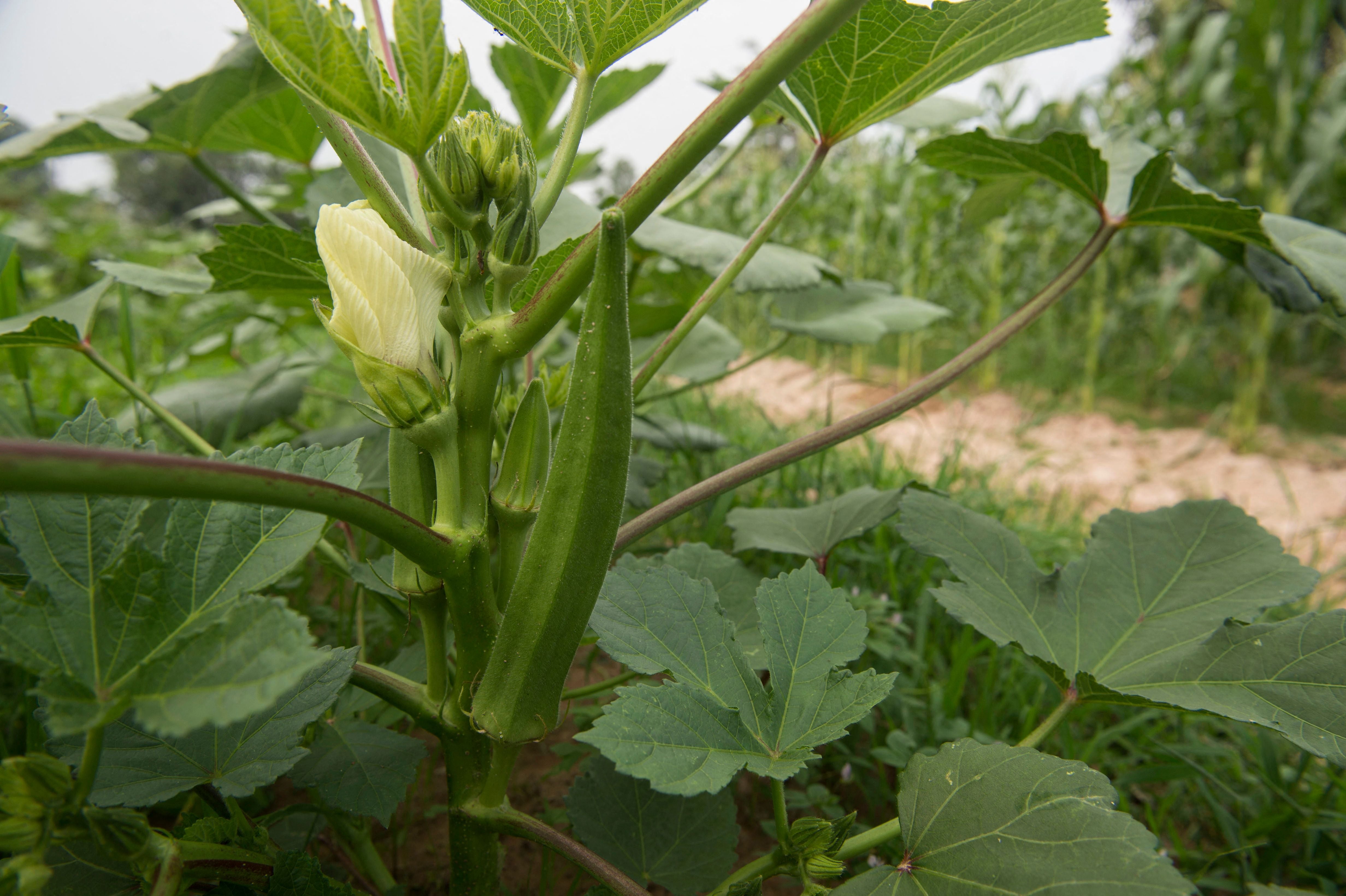An extract derived from okra and fenugreek can remove over 90 per cent of microplastics from water, according to a new study that may help develop safe ways to get rid of the toxic material.
Microplastic particles, ranging in size from a billionth to a millionth of a metre, have become widespread environmental pollutants in the last 50 years. They are produced during industrial processes or when plastic debris breaks down in the environment.
A growing body of research warns that exposure to microplastics, and in particular their collection in human tissues, may lead to adverse health conditions like stroke and several types of cancer.
Scientists have been attempting to develop methods to effectively remove these tiny fragments from the environment as well as from the human body. They have now found that the natural polymers that make okra slimy and give fenugreek its gel-like texture can trap most of these microplastic particles in water.
The new study, published in the journal ACS Omega, shows that an okra and fenugreek extract can remove up to 90 percent of microplastics from ocean water, freshwater and groundwater.
Natural polymers in okra and fenugreek as well as tamarind grab onto microplastic particles, causing them to clump together and sink to the bottom.
This makes it easier to separate the tiny plastic particles from water.
Researchers also optimised a process for making okra and fenugreek extracts. They made the extracts by soaking sliced okra pods and blending fenugreek seeds in separate containers of water overnight. They then removed the dissolved extracts and dried them into powders.
The powdered extracts were found to contain natural long-chain sugar polymers called polysaccharides.

Just a gram of either powder in a litre of water was found to trap microplastics effectively. The dried okra and fenugreek extracts removed nearly 70 per cent to 90 per cent of the plastic in an hour, researchers found.
A mixture of equal parts of the powders removed 70 per cent of the plastic particles within 30 minutes, according to the study.
Researchers said the plant extracts performed significantly better than commercially available synthetic polymers currently used in wastewater treatment.
When researchers tested the extracts on water collected from local waterbodies, they found that okra worked best in ocean water, fenugreek in groundwater, and their combination in freshwater.
“Utilizing these plant-based extracts in water treatment will remove microplastics and other pollutants without introducing additional toxic substances to the treated water,” Rajani Srinivasan, an author of the study from Tarleton State University in the US, said, “thus reducing long-term health risks to the population.”
Air pollution will be linked to 30,000 deaths in UK in 2025, doctors warn
The Earth could be soon flung out of orbit or into the sun
Rare 1,800-year-old tomb found in China filled with untouched family treasure
Archaeologists unearth historic remains of American schoolhouse for Black children
Patient has 15 pound tumor removed out-of-state after doctors refused to operate
Why your cup of tea could soon be grown in the UK – and be better for you







